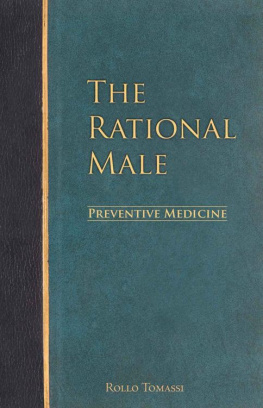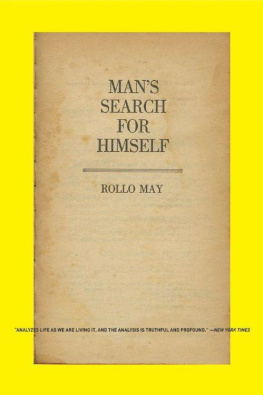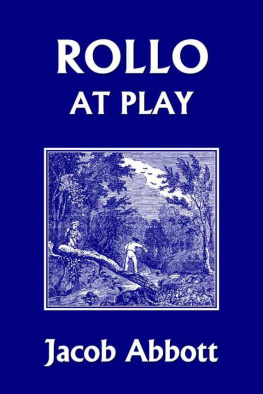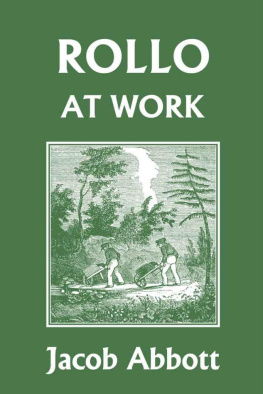[Transcriber's Note: There are around 240 instances of vowels accented with macrons ( straight line above) mostly or , with one instance of , and five instanses of , and one u that should be and isn't. The macron is indicative of a lengthened vowel Thus the a-macron ( or ) is usually pronounced as a long a. Use of the macron is not consistent throughout the text...
...and the spelling of some place names is not consistent either: e.g. Toorkisth[=an]; Toorkisthan; Toorkistan.
(There are also a number of words with 'unusual' spellings.
These spellings I have corrected:
territories for territorities; retrograde for retrogade; amongst for amonst.
These 'period' spellings I have left intact:
befel, chace, surprized, loth, gallopped, gallopping, secresy, shew, shewed, shewing, preeminence, handfull, negociation, threshhold, trellice, picketted, barricadoed, compaign. I have also retained M'Naghten for the modern McNaghten.)]
Front-of-Book Illustrations: If the Frontispiece is slow to load, it is repeated at the end of CHAPTER X. The Map, however has been removed to the end of the book.
Frontispiece
| Outer Cave, Yeermallix |
View of the Outer Cave of Yeermallik, shewing the Entrance Hole to the larger Cavern
Drawn by Mr Gempertz
Pelham Richardson Litho |
A PEEP INTO TOORKISTHAN.
BY CAPTAIN ROLLO BURSLEM,
THIRTEENTH PRINCE ALBERT'S LIGHT INFANTRY.
1846.
TO THE
RIGHT HON. THE EARL OF CARNARVON,
HIGHCLERE CASTLE.
__________
MY LORD,
Having received your Lordship's permission to dedicate to you this my first essay as an Author, I beg to tender my best acknowledgements for the honour, and for the interest you have so kindly expressed in the success of the following pages. Under such favourable auspices a successful result may be confidently anticipated by
Your Lordship's
Obliged and obedient servant,
ROLLO BURSLEM.
HAREWOOD LODGE,
HAMPSHIRE.
TO THE READER.
__________
The following pages are literally what they profess to be, a record of a few weeks snatched from a soldier's life in Affghanistn, and spent in travels through a region which few Europeans have ever visited before. The notes from which it is compiled were written on the desert mountains of Central Asia, with very little opportunity, as will be easily supposed, for study or polish. Under these circumstances, it can hardly be necessary to deprecate the criticism of the reader. Composition is not one of the acquirements usually expected of a soldier. What is looked for in his narrative is not elegance, but plainness. He sees more than other people, but he studies less, and the strangeness of his story must make up for the want of ornament. I can hardly expect but that the reader may consider the style of my chapters inferior to many of those which are supplied to the public by those who are fortunate enough to enjoy good libraries and plenty of leisure; two advantages which a soldier on service seldom experiences. But this I cannot help. Such as they are, I offer him my unadorned notes; and perhaps he will be good enough to let one thing compensate another, and to recollect that if the style of the book is different from what he sometimes sees, yet the scenery is so too. If instead of a poetical composition he gets a straightforward story, yet instead of the Rhine or the Lakes he gets a mountain chain between Independent Tartary and China.
WALMAR BARRACKS,
March, 1846.
CONTENTS
A
PEEP INTO TOORKISTHN.[*]
[* Note: A portion of the following pages in their original form has appeared in the Asiatic Journal.]
__________
CHAPTER I.
During the summer of 1840, the aspect of the political horizon in Affghanistn afforded but slight grounds for prognosticating the awful catastrophe which two short years after befel the British arms. Dost Mahommed had not yet given himself up, but was a fugitive, and detained by the King of Bokhara, while many of the principal Sirdars had already tendered their allegiance to Shah Sooja: and there was in truth some foundation for the boast that an Englishman might travel in safety from one end of Affghanistn to the other. An efficient force of tried soldiers occupied Ghuzni, Cabul, Candahar, Jellalabad, and the other strongholds of the country; our outposts were pushed to the north-west some fifty miles beyond Bameen, the Khyber and Bolun passes were open, and to the superficial observer all was tranquil. The elements of strife indeed existed, but at the time when I took the ramble which these pages attempt to describe, British power was paramount, and the rumour was already rife of the speedy diminution of the force which supported it.
Notwithstanding the modern rage for exploration, but few of our countrymen have hitherto pierced the stupendous barrier of the Paropamisan range; but the works of Hanway, Forster, Moorcroft, and Trebeck, Masson, and Sir Alexander Burnes, convey most valuable information concerning the wild regions through which they travelled, and I am bound in simple honesty to confess that my little book does not aspire to rank with publications of such standard merit. An author's apology, however humble and sincere, is seldom attended to and more rarely accepted. Surely I am not wrong in assuming that a feeling of mournful interest will pervade the bosom of those who have the patience to follow my perhaps over-minute description of places whose names may be already familiar to them as connected with the career of those bold spirits who in life devoted their energies to the good of their country and the advancement of science, and who in the hour of disaster, when every hope was dead, met their fate with the unflinching gallantry of soldiers and the patient resignation of Christians.
My lamented friend, Lieutenant Sturt, of the Bengal Engineers, was one of the foremost of those who endeavoured, during the critical situation of the Cabul force previous to its annihilation, to rally the drooping spirits of the soldiers; and without wishing in any way to reflect on others, it may fairly be said that his scientific attainments and personal exertions contributed not a little to those partial successes, which to the sanguine seemed for a moment to restore the favourable aspect of our military position. But I forbear from now dwelling upon these circumstances, lest I might undesignedly give pain to those who still survive the fatal event, merely stating my humble opinion that the memory of any mistake committed, either in a political or military light, will by the noble-minded be drowned in sorrow for the sufferings and death of so many thousands of brave men.
In the month of June, 1840, Lieutenant Sturt was ordered to survey the passes of the Hindoo Koosh, and I obtained leave from my regiment, then in camp at Cabul, for the purpose of accompanying him; my object was simply to seek pleasant adventures; the "cacoethes ambulandi" was strong upon me, and I thirsted to visit the capital of ancient Bactria; the circumstances which prevented our reaching Balkh will hereafter be detailed, but the main object of the expedition was attained, as Sturt executed an excellent map of the passes alluded to, and satisfactorily demonstrated that almost all the defiles of this vast chain, or rather group of mountains, may be turned, and that it would require a large and active well-disciplined force to defend the principal ones. I have made every possible inquiry as to the fate of the results of Sturt's labours, but fear that they too were lost in the dreadful retreat. Whatever still exists must be in the Quarter-Master General's Department in India, far out of my reach, so that I am obliged again to request the indulgence of my reader for the want of a proper map on which he might, if he felt so inclined, trace our daily progress,[*] and to crave his forgiveness if I occasionally repeat what has been far more ably related by Moorcroft and the other authors whom I have already mentioned.












